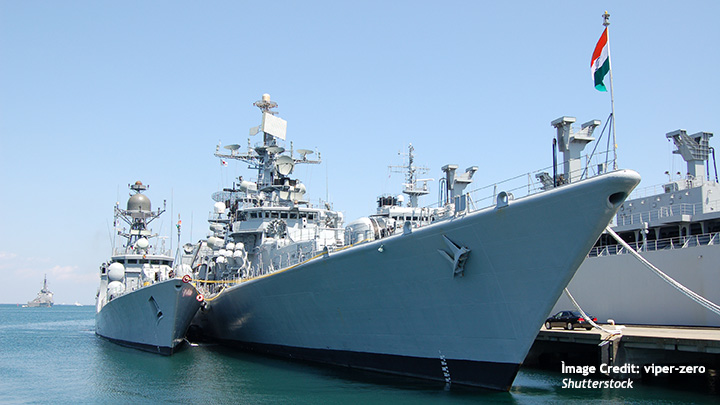Balancing China in the Indo-Pacific: France Joins Hands with – India and Australia

Niklas Swanström, Jagannath Panda and Mahima Duggal
Introduction
Balancing China’s unilateral authoritarian outreach is increasingly becoming a priority for democratic powers. Among European powers, France has taken the lead in shoring up defenses against China. France is also an Indo-Pacific power, and Paris has now joined hands with India and Australia to advance a trilateral that appears to be balancing out China.
On September 09, 2020, India, France, and Australia launched a trilateral dialogue with the aim of boosting cooperation to ensure a “peaceful, secure, prosperous and rules-based Indo-Pacific.”1 The meeting marked the formal entrance of a leading European power, France, into an Indo-Pacific orbit and represents the first step of a major, cross-continent effort to question and check China’s autocracy in the region. As such, it may potentially have considerable ramifications, especially if other European powers are encouraged to engage in similar efforts.
Described as “outcome-oriented”, the summit included an exchange of views on priorities and mutual challenges and exploration of possible avenues for practical cooperation, particularly in the maritime domain and in promoting global commons. The foreign ministers of India, France, and Australia also reportedly devised strategies to enhance their future collaboration on regional and multilateral platforms.2 The dialogue is launched at a time when China’s conduct of its foreign policy is becoming a key source of concern for the states in the Indo-Pacific region, and when distrust of China internationally has reached new levels following its handling of the outbreak of the pandemic. Moreover, Beijing’s military assertiveness on the India-China border and in the East China Sea has dented its image as a responsible power in the Indo-Pacific region. Although there are no reports that the discussion centered on, or even included, China, the potential, geopolitical implications of the trilateral dialogue are hardly lost on Beijing.




